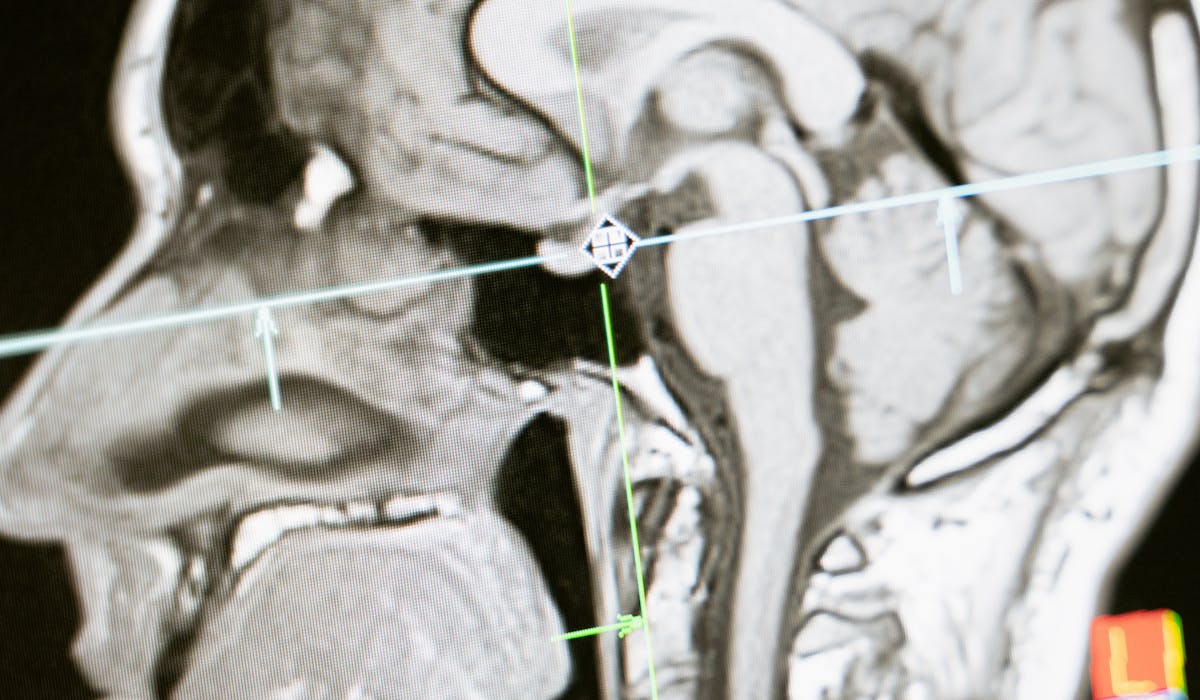ARTICLE SUMMARY:
AI holds great promise in interpreting longitudinal radiographic images. An excerpt from our recent article on The New Wave of AI in Healthcare 2024 conference organized by the Icahn School of Medicine at Mount Sinai and the New York Academy of Sciences.
Radiology is by far the medical specialty most impacted by AI to date. The volume, quality, and types of images that can be acquired puts radiology at “an explosion moment,” said Mert Rory Sabuncu, PhD, a professor of electrical and computer engineering at Cornell Tech in New York City, who is also vice chair of AI and engineering research at Weill Cornell Medicine. “Scientists are continuing to speed up MRI scans, process images faster, and look for ways to turn medical images into clinical decisions, just as we have a shortage of radiologists, with the volume of data growing even as residency positions in radiology are static.” AI can help to capture the richness of imaging data, remove distracting information from images, overlay images, and do statistical testing and analysis to review changes and their correlation with clinical outcomes, he continued, describing work his group is doing on longitudinal data to capture changes over time.
As one of several examples on how longitudinal analysis can be applied to the clinic, Sabuncu cited research on autosomal dominant polycystic kidney disease (ADPKD) showing the value of AI-enhanced longitudinal imaging for tracking progression and symptoms. ADPKD is a rare, progressive, and fatal disease in which fluid builds up in renal cysts that reduce kidney volume. Kidney volume is measured via MRI imaging, but it is currently not precise enough when read by humans to evaluate the efficacy of drug treatments. His group trained a simple convolutional neural network on human-labeled data to produce automatic segmentation, which can be reviewed and which takes precision to 2%. This is clinically actionable and has been used to measure individual patient response to tolvaptan, a drug for severe stages of disease, he said.
“AI will have a huge impact on radiology and solve a lot of the field’s challenges … It is a copilot for the next 5 to 10 years. We are on the verge of a lot of interesting technologies coming into fruition and having a real-world impact,” Sabuncu asserted.
